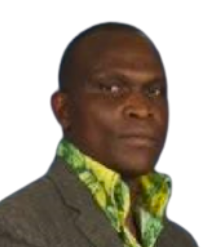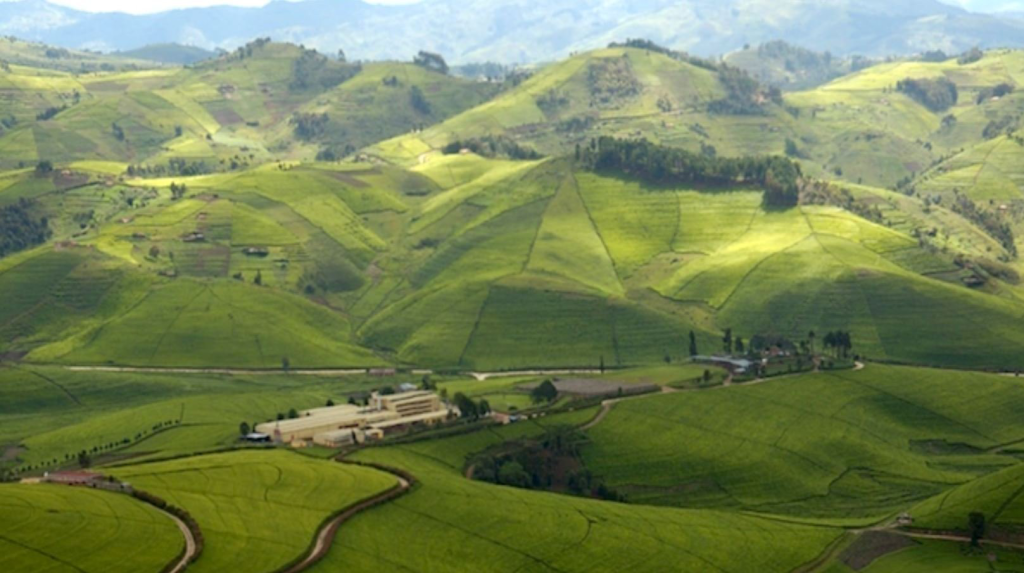However, in the midst of our astonishment, a group of harvesters, who did not share my mother’s unwavering faith, began to advocate for an alternative course of action. They argued that since it appeared God had not protected the rest of the farm, it might be prudent for my mother to reconsider her decision and permit them to salvage the remaining crops. Furthermore, they suggested that we combine the untouched portion designated for God with the rest of the yield, rationalizing that if God couldn’t safeguard the entire farm, perhaps my mother should delay setting aside a first fruit offering until the next harvest.
Their rationale, which even seemed reasonable to my young and naive mind, revolved around the idea of maximizing profits in response to what they perceived as God’s failure to protect the entire crop. This unexpected challenge to my mother’s faith presented us with a profound moral dilemma, one that would ultimately test the depth of her commitment to her faith in God and her unwavering principles. I found myself aligning with this group’s viewpoint, thinking it made practical sense. After all, God had not safeguarded the rest of our farm, and my mother had already dedicated a portion to Him a week earlier. However, my mother’s reaction was swift and stern. She responded with unwavering faith and determination. “Do you think our God is a mockery? Our God does not change boundaries; we humans do. It was not God who felled these trees on our farm; rather, it was the work of the devil, who sought to undermine my unwavering faith and obedience to God by causing this destruction. Our God has remained faithful throughout the years, and you have never questioned His faithfulness until now,” she asserted firmly. Upon hearing her resolute words and witnessing her unwavering faith, we all fell silent and allowed her to lead the way.
With her guidance, we embarked on the task at hand, cutting down the fallen trees and salvaging what remained of the crops. Another team was assigned to harvest the portion designated for the church, ensuring that there was no mixing of the produce in the process. This remarkable display of faith and integrity left an indelible mark on me, serving as a powerful reminder of my mother’s unwavering commitment to God, even in the face of adversity. Her resolute stand that day became a strong testimony to those who were present. Many of the onlookers, who practiced the African Traditional Religion of our ancestors, had initially attributed the event to the anger of our departed ancestors towards my mother’s Protestant faith. However, as they witnessed her unwavering faith in action, some began to inquire more about her beliefs. Those of us who shared her Protestant faith started singing one of the popular hymns of our region at the time, “Count Your Blessings,” with its opening stanza that goes, “When upon life’s billows you are tempest tossed, When you are discouraged, thinking all is lost, Count your many blessings, name them one by one, And it will surprise you what the Lord hath done.” Before we could finish the first stanza, the rest of the harvesters had joined in the singing, creating a harmonious atmosphere that made our day of harvesting both enjoyable and spiritually rewarding.


